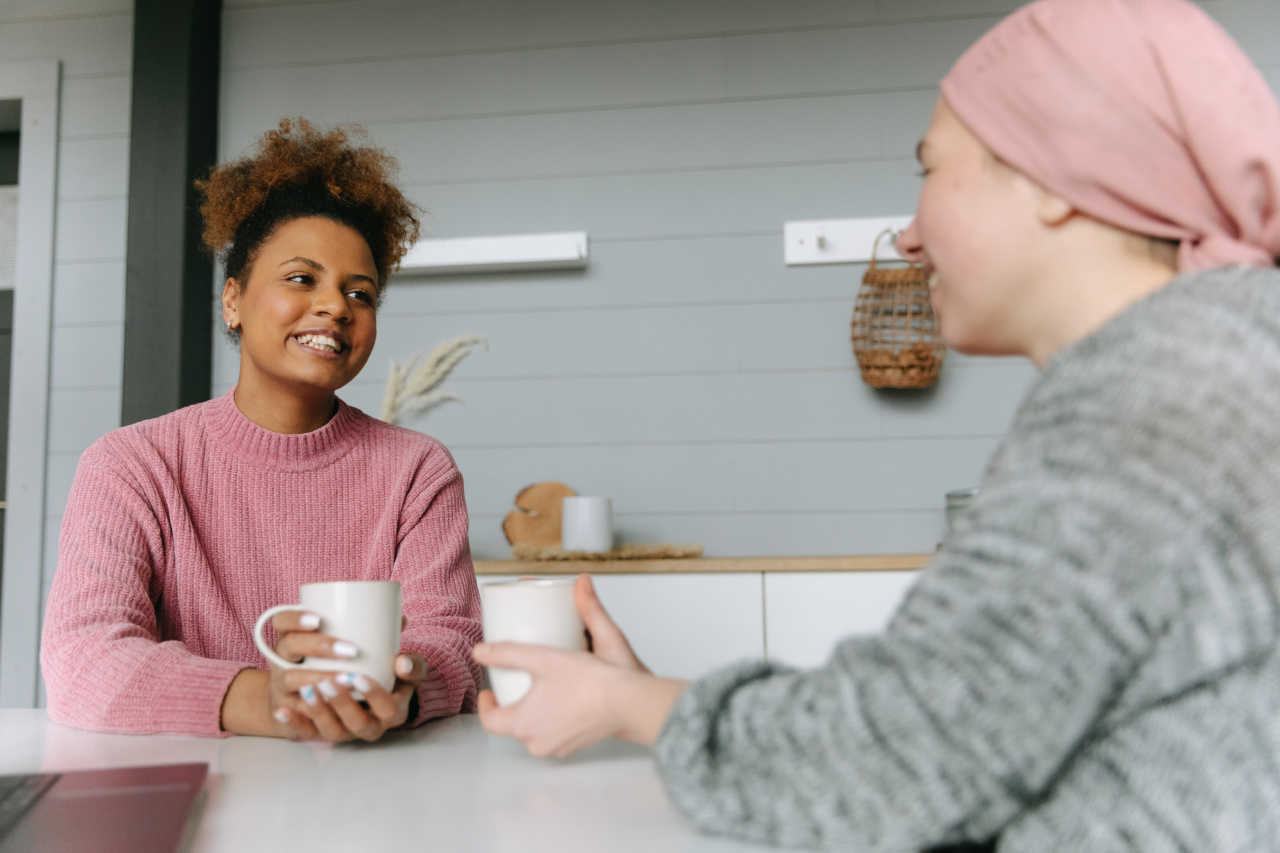Coffee is an undeniable part of our daily routine, and many of us can’t begin our day without a cup (or three) of coffee. People drink coffee not just for energy boost but also for the various health benefits that come along with it.
However, studies have shown that habitual coffee drinking can increase our risk of developing esophageal cancer.
What is Esophageal Cancer?
Esophageal cancer is a type of cancer that occurs when abnormal cells grow and divide uncontrollably in the esophagus, the muscular tube that connects the mouth to the stomach.
It’s one of the most aggressive types of cancers and can spread rapidly to other parts of the body if not treated early.
How Does Coffee Increase the Risk of Esophageal Cancer?
Studies have shown that drinking hot beverages, like coffee, tea, or even hot chocolate, can increase the risk of developing esophageal cancer.
The high temperature of the hot beverage is thought to damage the cells lining the esophagus, resulting in increased inflammation and oxidative damage. The risk is even higher for people who smoke or drink heavily and have a pre-existing condition like acid reflux or Barrett’s esophagus.
Coffee is Highly Acidic
One cup of coffee has a pH of around 5.0, making it highly acidic. Acidity is a common cause of heartburn or acid reflux, a condition in which stomach acid flows back into the esophagus, causing irritation and inflammation.
Repeated exposure to stomach acid can damage the cells in the esophageal lining, leading to an increased risk of developing esophageal cancer.
Coffee Contains Acrylamide
Coffee is a rich source of acrylamide, a chemical that occurs naturally during the roasting process of coffee beans.
Acrylamide has been shown to cause cancer in animals and is classified as a group 2A carcinogen by the International Agency for Research on Cancer (IARC). Drinking coffee, particularly if it’s heavily roasted, can expose us to high levels of acrylamide, increasing our risk of developing esophageal cancer.
Coffee Contains Cafestol and Kahweol
Cafestol and Kahweol are two compounds found in coffee that can increase cholesterol levels and bile secretion in the body.
Studies have shown that drinking boiled or unfiltered coffee, such as Turkish coffee, can significantly increase the level of cafestol and kahweol in the body. High levels of these compounds can irritate the lining of the esophagus and increase our risk of developing cancer.
How to Reduce the Risk of Esophageal Cancer While Drinking Coffee
If you’re a coffee lover but want to reduce your risk of developing esophageal cancer, there are a few things you can do:.
- Drink coffee at a lower temperature to prevent damage to the esophageal lining.
- Reduce the intake of heavily roasted coffee and opt for lighter roasts instead.
- Use a paper filter when brewing coffee to reduce the amount of cafestol and kahweol you consume.
- Drink coffee in moderation and avoid drinking it on an empty stomach.
- Avoid smoking or drinking heavily, which can increase your risk of esophageal cancer even more.
- If you have a pre-existing condition like acid reflux or Barrett’s esophagus, avoid drinking coffee altogether.
Conclusion
Coffee is an integral part of many people’s daily routine, but studies have shown that habitual coffee drinking can increase our risk of developing esophageal cancer.
The high temperature of the hot beverage, along with the acidity, acrylamide content, and presence of cafestol and kahweol, can all contribute to inflammation and damage to the lining of the esophagus. However, by taking certain precautions and drinking coffee in moderation, we can still enjoy the health benefits it provides without putting our health at risk.






























